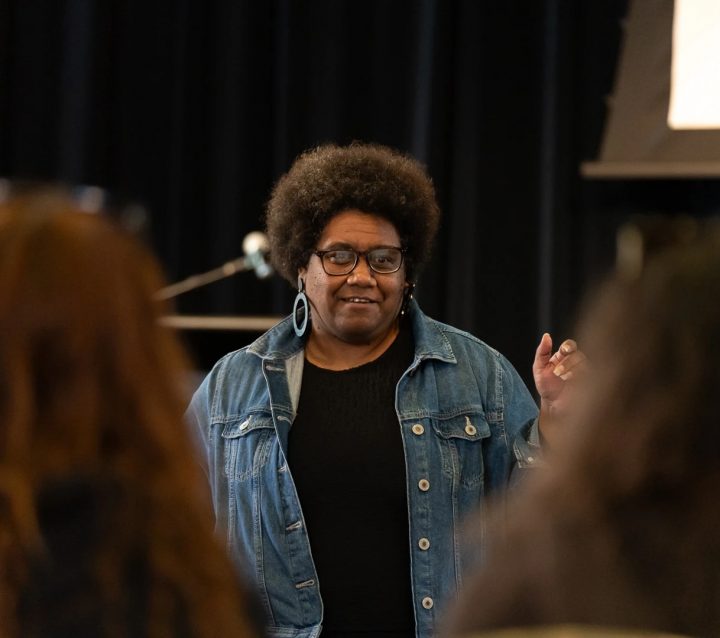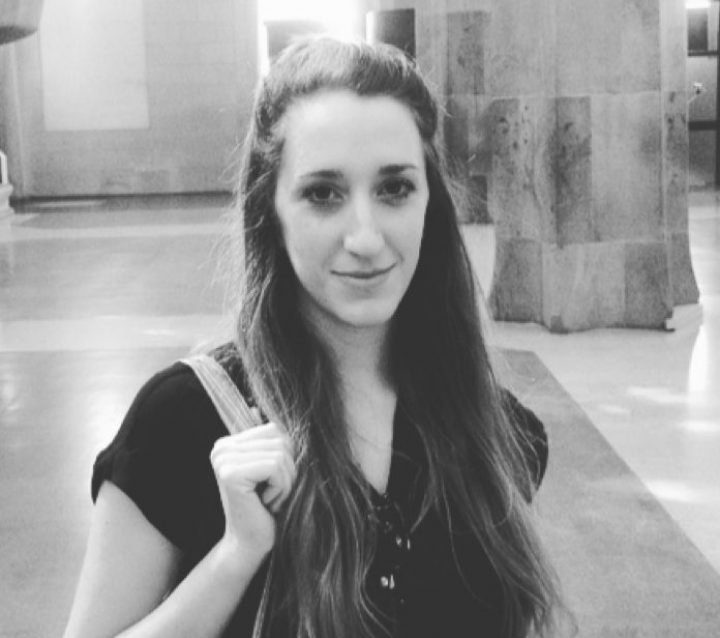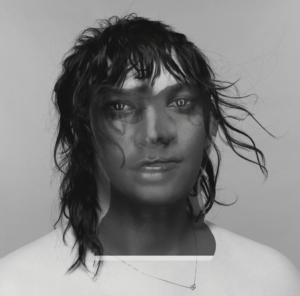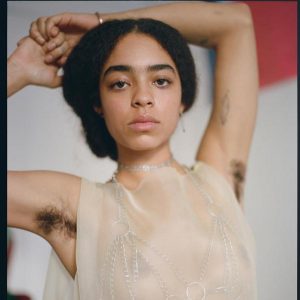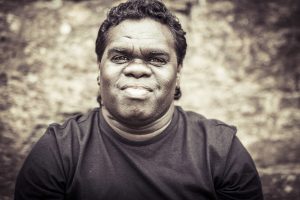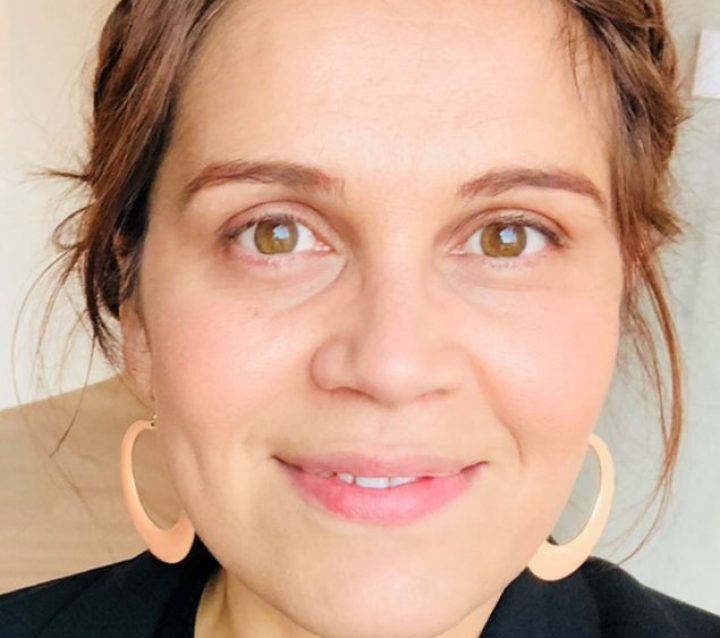
What is your role at Wantok Musik and how long have you been in the position for?
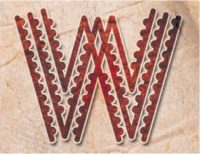
I am the Label Manager for Wantok Musik, although my role encompasses responsibilities beyond that title – including communications, production/event management, organisational support, and artist management. I have been with Wantok for three years.
Which Australian artists are you currently working with/have you worked with?
Currently we are working with Radical Son, Frank Yamma, Emily Wurramara, and we released the debut albums from Ngaiire and Iwantja. We also work with Melanesian and Polynesian musicians, such as George Telek, Airileke, Richard Mogu, Tha Feelstyle, and many more.
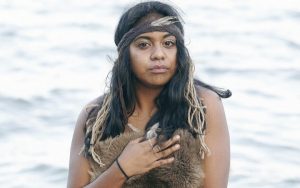 Emily Wurramara
Emily Wurramara
Describe a normal day in the life of Amy Chapman.
There’s really no such thing as a normal day for me. Each day starts with checking over several different email accounts, which then influences what is on my to-do list for that day. If we’re preparing for a tour, major production, or release, then my day will centre around that particular project’s delivery. It’s an incredibly varied job and I’m lucky enough to be involved in the creative side of our projects as well, so recently I have been working on visual and sound designs for live shows, tour artwork, website design and so on.
How did you get your start in the music industry – what is your story of how you got to where you are today?
When I was around 13 years old I would send letters to local bands that I loved, asking if they could send me stickers and T-shirts so that I could join or form a street team to promote their records and shows. I would spend my weekends running around the inner city plasting stickers and posters around the place. Shortly after I started volunteering with Freeza/The Push, organising all ages and underage shows at community halls with local bands. I normally worked the cloak room or the door for those shows which my teenage self thought was very glamorous! Years later I studied Creative Technology (Audio Engineering and Sound Production) at university and wrote articles for street press and various music blogs on the side. After completing my degree I moved overseas for a while and upon returning to Melbourne, started volunteering at PBS 106.7 FM until they eventually hired me as the Interviews and Multi-Platform Content Coordinator (I loved working in community radio and still return to PBS on the odd occasion as an announcer). I was a producer/audio editor for 3MBS radio a couple of days a week at this time, too. Through PBS I was introduced to Wantok and shortly thereafter found myself on tour managing a band of 18 or so musicians from across Australia and Melanesia – and I’ve been there ever since!
What issues do you feel the Australian music industry is currently facing and how do you think these could be changed and improved?
The music industry has been going through enormous changes in recent years, and is continuously having to adapt to evolving technologies and the way people discover and consume music. Record sales are at an all-time low, presumably due to the introduction of streaming platforms (and continued prevalence of piracy networks). I’m a little conflicted about streaming. I agree with the argument that these services are a great source to discover new music and are becoming somewhat essential for an artist to connect with new audiences. But we all know it’s still not completely financially viable for an artist to make bucks from streaming. We need a better system whereby the artist is compensated fairly for their work. There needs to be more of a sustainable structure. I think much of the issue stems from taking our ease of accessibility to music and entertainment for granted – imagine a world without music! We need to better appreciate it’s value.
BUT ABOVE ALL, LISTEN TO AS MUCH MUSIC AS YOU CAN
Have you got any advice for people wanting to start a career in the music industry?
Find a mentor. Volunteer at events. Discover which aspect of the industry you are most interested in and go for it. Take opportunities and get involved in projects you care about. Attend events such as BigSound, AWME, and Face The Music, where many of the panel discussions are geared towards those starting out in the industry – it’s also a good opportunity to meet people and network. But above all, listen to as much music as you can.
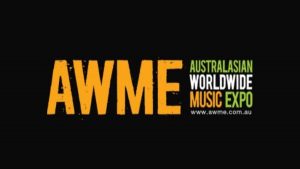
Do you feel that higher education is necessary to establish a career within the Australian music industry?
I really enjoyed my study and I think there are many benefits to higher education, but I believe you will always learn best by getting your hands dirty. I learnt many skills while on the job, mostly in situations where I have been thrown in the deep end and just had to figure out how to work through it.
Have you had to overcome any challenges or adversity in your career, and if so how did you approach them?
I suppose a common issue is being taken seriously as a female in a male-dominated industry. I’ve been in situations where I’ve been asked if I’m the girlfriend of someone in the band, or the “photocopy girl”. At the end of the day I don’t let it affect me or my attitude to my work. The best way to rise above it is to keep doing what you’re doing, continue to do your best and remember that you have as much right to be where you are as anyone else.
Who are your role models in the industry whether they be international/Australia?
My former colleague at PBS, Chelsea Wilson – she’s very driven and dedicated in her work and always produces fantastic ideas for whatever project she’s involved in. She has given me great support over the years and always champions me and what we do at Wantok Musik.
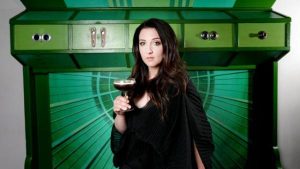 Chelsea Wilson
Chelsea Wilson
Rhoda Roberts (Head of Indigenous Programming at the Sydney Opera House) and Chryss Carr (AUM PR) are both on the Wantok board and are very inspiring women for me to look up to.
I also couldn’t answer this question without making mention of my mum. She doesn’t work in the music industry but is far and away the most hard working, badass woman I know. If I’ve inherited even a slice of her focus and goodwill then I’m doing okay.
What does the rest of 2016 hold for yourself and Wantok Musik? Any exciting things that you can tell us about?
We’re currently working on a project called ‘a Bit Na Ta’, an exhibit that will open at the Queensland Gallery of Modern Art in Brisbane and at the PNG National Museum and Art Gallery in Port Moresby over September/October this year. The project is a multi-art installation that explores the shared history of PNG (our closest neighbour) and Australia in East New Britain province between 1875 and 1975, through elements of music and oral history. My colleague David Bridie spent six weeks in Rabaul earlier this year to produce and record the audiovisual content for the exhibit and we’re currently shifting through a myriad of information to form the individual aspects and overall structure of the installation. It’s a really exciting and stimulating project for us as it’s our first foray into the visual art world, and therefore also a huge learning experience.
Next month we’ll be recording an EP with Melbourne-based, Solomon Islands–born musician Charles Maimarosia. He is enormously talented and I’m excited to be playing bass on the record as well.
We’re also working with a young singer-songwriter from Groote Eylandt, Emily Wurramara. She’s a very genuine artist with such natural ability for engaging storytelling and holds a strong sense of pride in her culture. I think she’s a fantastic role model for young women in her community and an important voice to have on the airwaves. We released her debut EP “Black Smoke” this month, which she is currently touring around Australia.
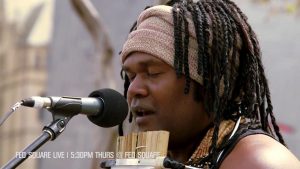 Charles Mamarosia
Charles Mamarosia
What’s your go-to karaoke song?
Kate Bush “Babooshka”
More Interviews

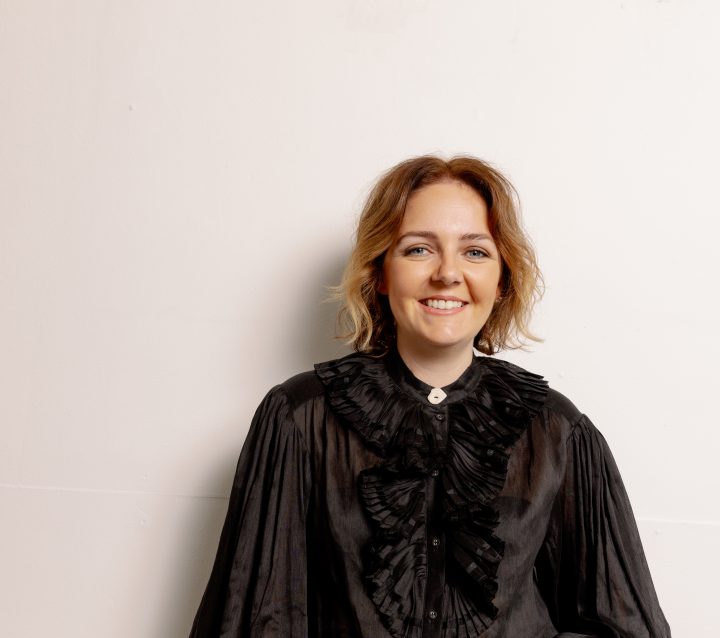
Natalie Kradolfer
Natalie Kradolfer // Amplify Music Education // Managing Director & Co-Founder
Natalie Kradolfer
Natalie Kradolfer // Amplify Music Education // Managing Director & Co-Founder
